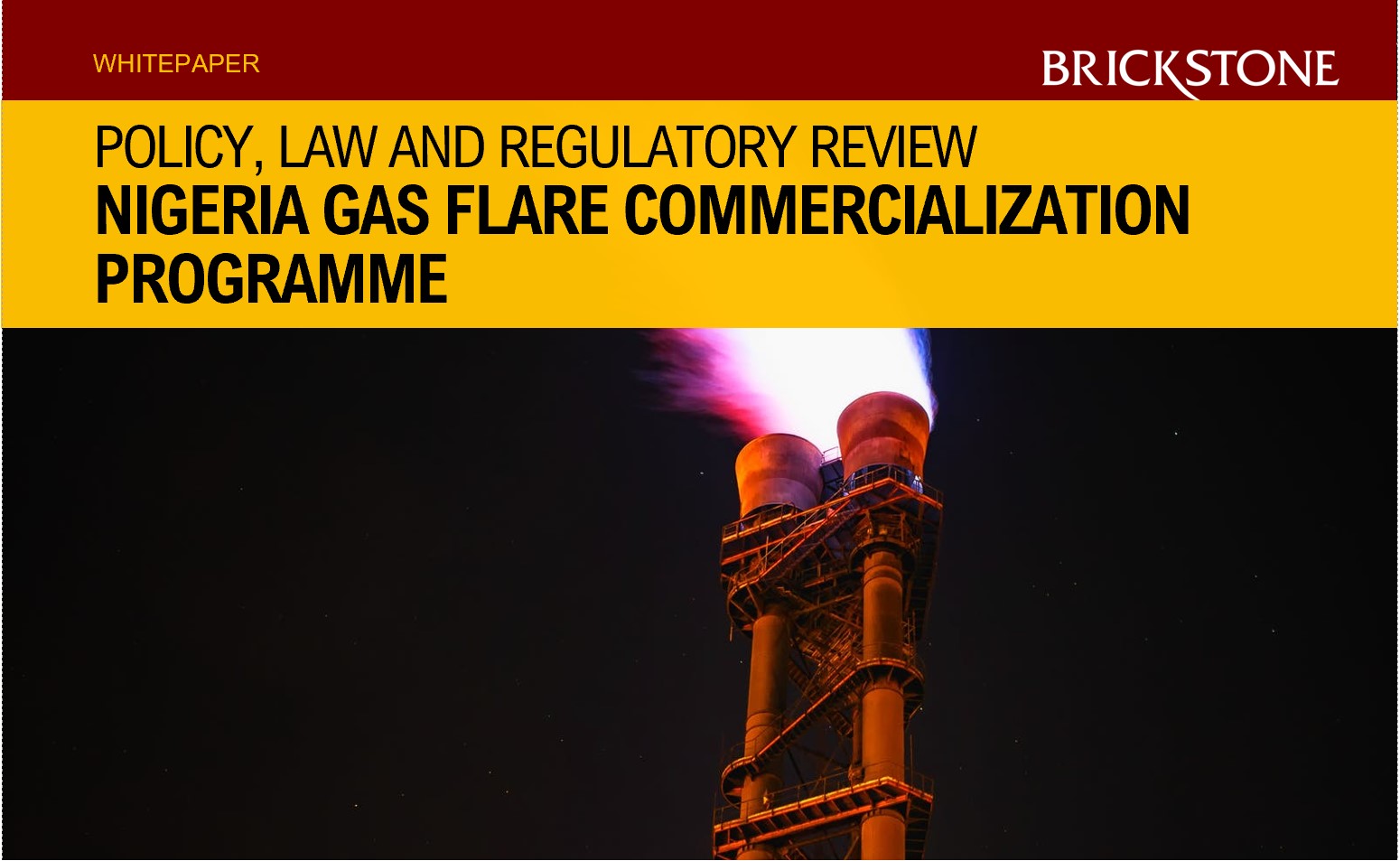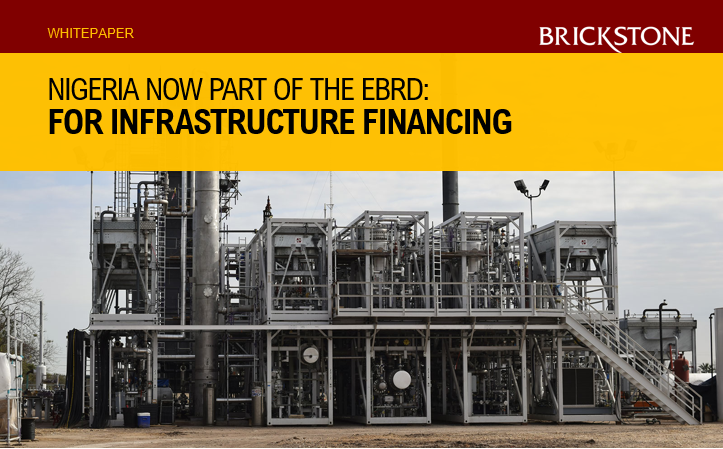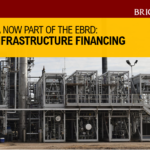Nigeria Gas Flare Commercialization Programme: Policy, law and Regulatory review
Nigeria Gas Flare Commercialization Programme: Policy, law and Regulatory review
Over the years, gas flaring has proven to be a major health and environmental problem affecting climate change because of its capacity to generate tonnes of greenhouse gases which contribute largely to global warming, depletion of the ozone layer and acid rain. In Nigeria, oil companies alone flare over 313 million standard cubic feet of gas annually which results in the emission of 16.5 million tonnes of carbon dioxide making Nigeria the sixth-largest gas flaring country in the world. Without a doubt, all these make it imperative for the government to save its environment and citizens’ health by regulating or ending gas flaring or venting during the process of gas or oil production.
In response to this, the Federal Government of Nigeria, in December 2016, launched the Nigeria Gas Flare Commercialization Programme (NGFCP) as a policy to end gas flaring in Nigeria by capturing and commercializing excess associated gas.
The Nigerian Gas Flare Commercialization Programme:
An Introduction
The Federal government of Nigeria, in 2016 launched the
Nigeria Gas Flare Commercialization Programme (NGFCP) as
a policy to end greenhouse gas emissions occurring through
flaring or venting of natural gas in Nigeria.
The policy is a framework put in place to provide gas flare commercialization, and enhance positive socio-economic and
environmental impact in the Niger Delta region, while also
enhancing the overall development of the gas sector.
The Nigeria Gas Flare Commercialization Programme was established in line with the World Bank’s Zero Routine Flaring Reduction initiative endorsed by the federal government in June 2016 and the Paris Climate Change Agreement of the United Nations Framework Convention set to end gas flaring by 2030 as a measure to fight global warming.
If the programme is successfully carried out and sustained, it is capable of stimulating the Nigerian economy with close to three billion dollars, reduce greenhouse gas emissions by an annual volume of 20 million tons, provide access to gas sufficient enough to generate at least 2.5 gigawatts of power and give close to six million Nigerian households access to clean energy through the use of cooking gas.
Objectives of the Nigerian Gas Flare Commercialization
Programme
The NGFCP is set to achieve a national flare-out target by eliminating gas flaring through technically and commercially sustainable gas utilization projects in line with global commitment to fight climate change and end gas flaring by the year 2030.
Explaining the Nigeria Gas Flare Commercialization
Programme
By virtue of associated gas being a by-product in the oil or gas production process, it has no independent production cost, and as such no value is attached to it by the producers nor is any revenue being earned from it, thus, making it easy to flare without any or much economic effect.
This is the basis upon which the federal government has premised the right to take associated gas (which hitherto would be flared if not taken) free of charge or in some instances, at an agreed cost. Invoking the powers granted to the Minister of Petroleum Resources under the Petroleum Act, the government, free of charge and without paying royalty, takes associated gas from oil companies and bids it to third party investors in a series of competitive auction.
Third party investors will then propose projects and be selected based on their technical and financial strength, genuineness of their project proposals and some other criteria.
This publication put together by us at Brickstone Africa, therefore, examines the policy and its merits and highlights key considerations for new entrants in the industry.
Download full publication below.
OTHER E-BOOKS THAT MAY BE OF INTEREST
Nigeria Now Part Of The EBRD: Implications For Infrastructure Financing
Download: Accelerating Renewable Power Generation Projects
Download: Accelerating Airports Infrastructure Projects
Why not contact us to make your Project Happen
Our advisors and consultants would be able to schedule an online meeting with you to discuss your project with the overall objective of seeking ways to achieve the “bankability” and protection of the long term asset value of your project. Request a Meeting Now








